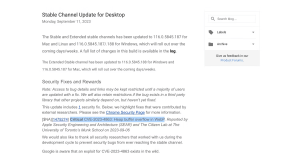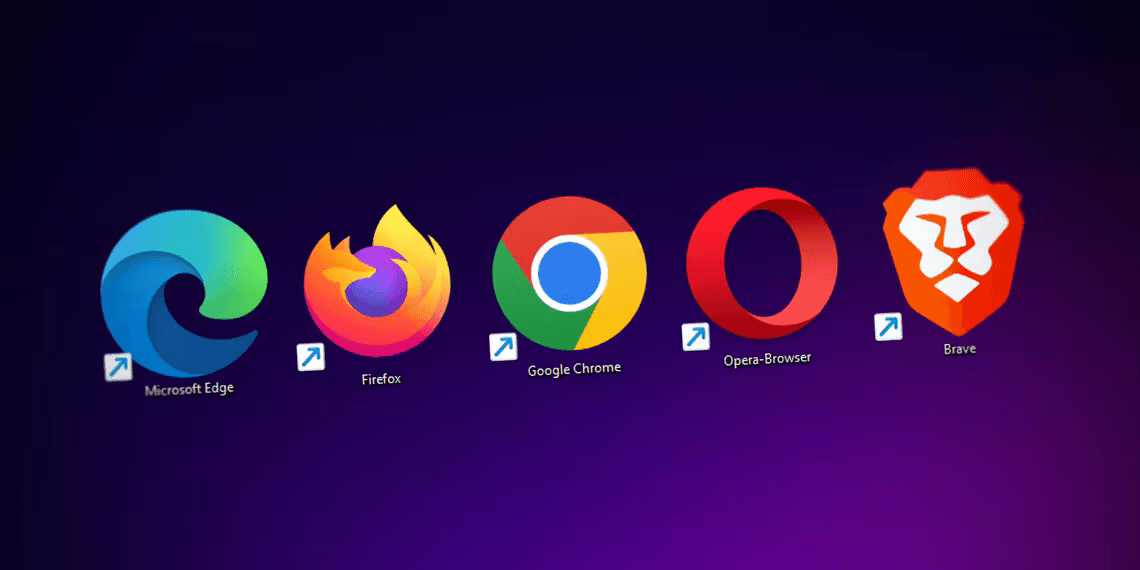The WebP CVE-2023-4863 Vulnerability
In a digital age where online security is paramount, a critical vulnerability in the WebP Codec, known as CVE-2023-4863, has sent shockwaves through the tech community. This article explores the depths of this vulnerability and equips you with the knowledge to safeguard your system.
Understanding the WebP CVE-2023-4863 Vulnerability
The ominous CVE-2023-4863 vulnerability is centered around a specific function within the WebP rendering code, ominously named the “BuildHuffmanTable.” This weakness leaves the codec susceptible to heap buffer overflows, a term that can send shivers down any cybersecurity enthusiast’s spine.
Heap buffer overflows occur when a program overwrites more data into a memory buffer than it was designed to hold. The result? Adjacent memory corruption and potential system takeover by malicious actors. Imagine uploading a seemingly innocent WebP image that stealthily deploys code on your device when viewed – this is the nightmare that CVE-2023-4863 brings.

Is Your Favorite Browser Safe?
The good news is that major browsers like Chrome, Firefox, Edge, Brave, and Tor have acted swiftly to release security updates. To ensure your safety, simply update your browser to the latest version. These updates, containing fixes for CVE-2023-4863, have already been rolled out:
| Browser | Latest Version |
|---|---|
| Chrome | Version 116.0.5846.187 (Mac / Linux); version 116.0.5845.187/.188 (Windows) |
| Firefox | Firefox 117.0.1; Firefox ESR 115.2.1; Thunderbird 115.2.2 |
| Edge | Edge version 116.0.1938.81 |
| Brave | Brave version 1.57.64 |
| Tor | Tor Browser 12.5.4 |
For users of different browsers, ensure that your chosen browser references CVE-2023-4863 heap buffer overflow vulnerability in its update notes. If not, consider switching to one of the aforementioned secure options until your browser gets a much-needed fix.

What About Your Favorite Apps?
Here’s where it gets tricky. The CVE-2023-4863 WebP vulnerability doesn’t stop at browsers; it extends its ominous reach to countless apps. Any software using the libwebp library is affected, and each provider must release their own security patches.
Compounding the issue, many popular frameworks used in app development also harbor this vulnerability. This means that frameworks must be updated first, followed by software providers to protect their users. Unfortunately, it’s often challenging for users to determine which apps are affected and which have addressed the issue.
Some of the affected apps include Microsoft Teams, Slack, Skype, Discord, Telegram, 1Password, Signal, LibreOffice, and the Affinity suite, among others.
1Password has already released an update to tackle the issue, although there’s a typo in the CVE number. Apple has also released a security patch for macOS that appears to address the problem, albeit without a specific reference. Slack released a security update (version 4.34.119) but lacks a CVE-2023-4863 reference.
The Action Plan: Update Everything
As a user, your best defense against the menacing CVE-2023-4863 WebP Codec vulnerability is to update everything. Start with your browsers and then move on to your most essential apps. Check for the latest release versions and specifically look for CVE-2023-4863 ID references. If you can’t find any, consider switching to a more secure alternative until your preferred app resolves the issue. Be vigilant and keep updating as new security patches roll out.
While updating everything won’t guarantee that CVE-2023-4863 is fully addressed, it’s the most prudent action you can take at this point.
WebP: A Cautionary Tale
Google introduced WebP in 2010 as a solution to speed up image rendering while maintaining quality. It’s a fine solution for performance, reducing image file sizes by approximately 30%. However, it’s also a cautionary tale about prioritizing performance over security.
In a world where zero-day exploits are on the rise, tech giants like Google must prioritize security alongside performance. Otherwise, we’re left with a perfect storm of vulnerabilities like CVE-2023-4863, forcing developers and users alike to scrutinize technologies more closely.
As you navigate the digital landscape, remember that vigilance and regular updates are your allies in the battle against vulnerabilities like CVE-2023-4863. Stay secure, stay updated, and protect your digital world.










